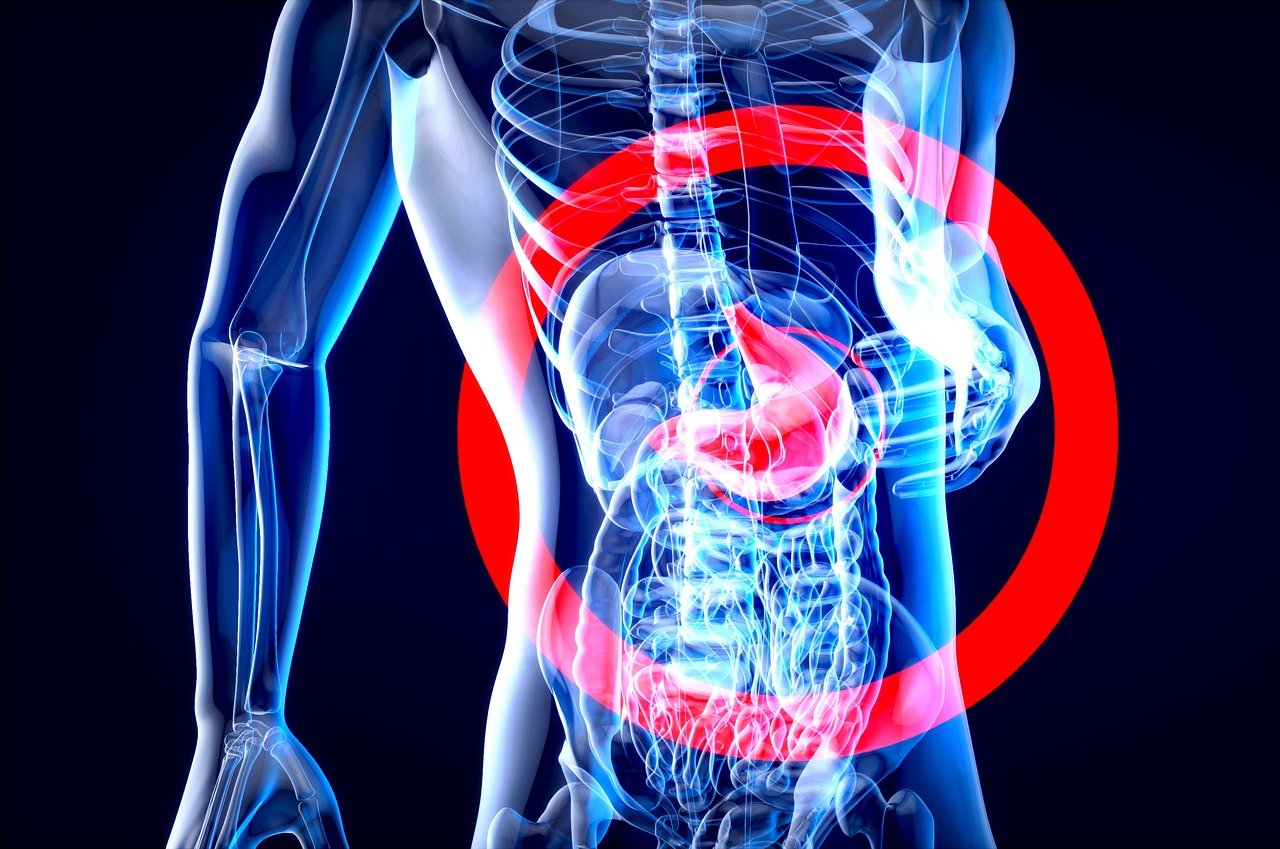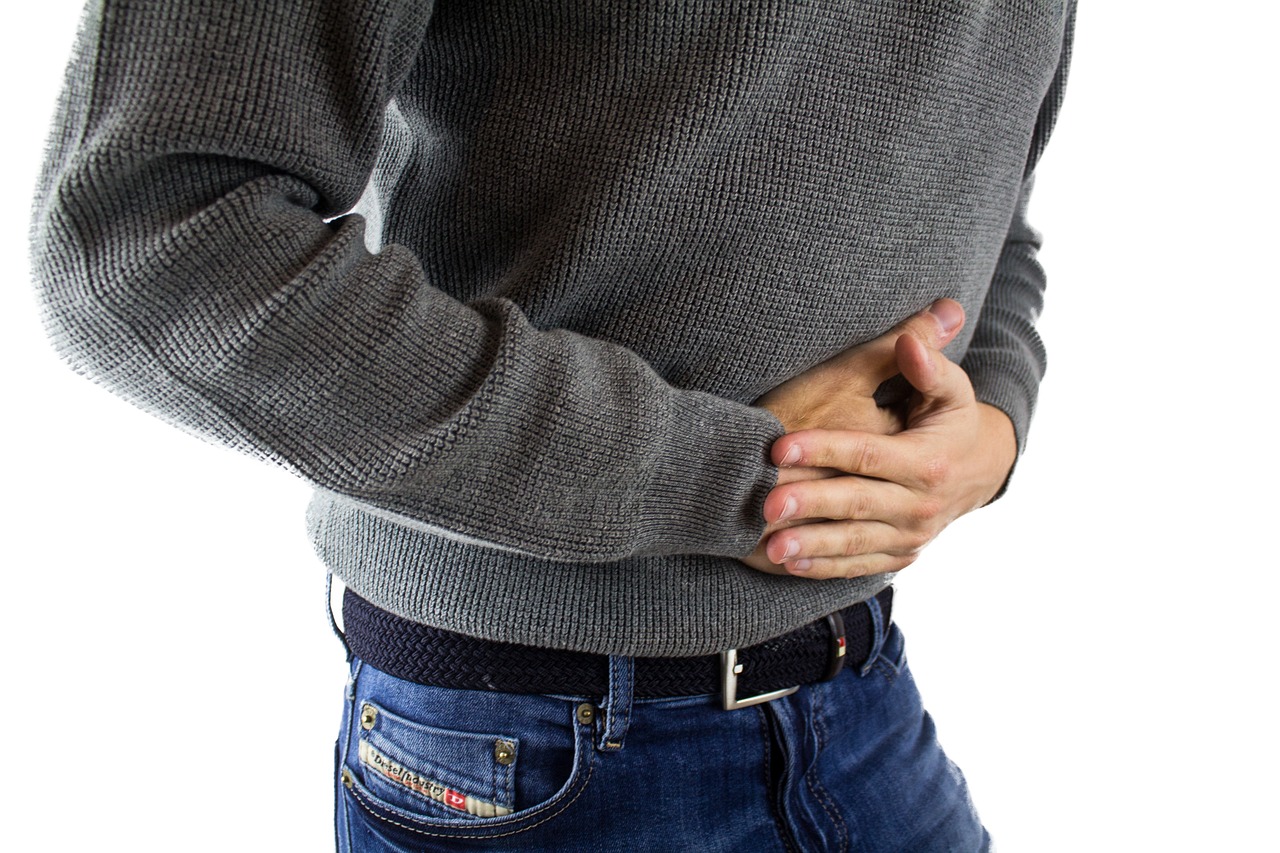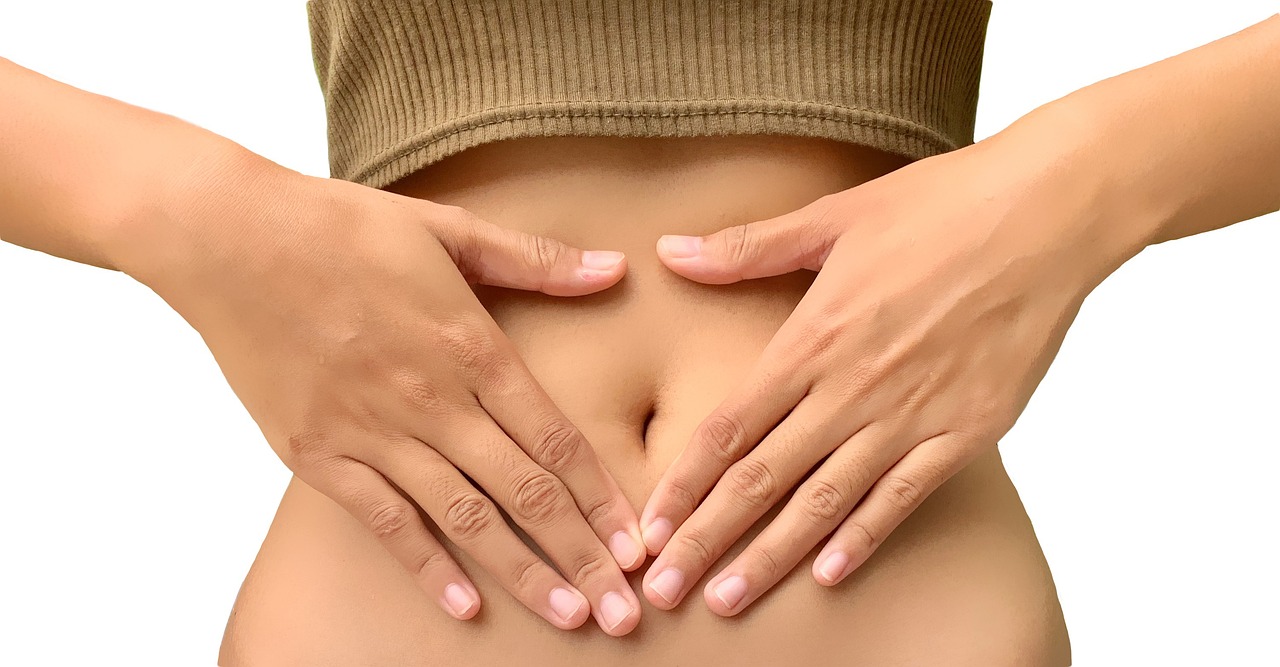Peptic ulcers of the digestive system are round, oval, or radially spreading defects in the healthy mucosal tissue of the digestive system. They can take on irregular shapes. The occurrence of gastric ulcers indicates stomach ulcer disease. In the initial stage, there is erosion that can develop. Ulcers can then grow by penetrating deep into the stomach wall and damaging deeper and deeper lying layers and the network of blood vessels.
The cause of ulcers is hydrochloric acid and digestive enzymes. This is when the mucosa is unable to contain the gastric juices. Under unfavorable conditions, gastric juice can begin to digest the stomach, irritating its walls. Various factors can make it so the mucosa cannot protect the stomach from digestive juices.

The gastrointestinal tract is a set of organs that have many valuable functions. They are related to the consumption and absorption of food. The digestive system consists of the following:
It's good to know how it all looks and works because if you have stomach problems, the causes can be many. The process of digestion involves the stomach, where food is broken down. It is made possible by gastric juices![]() , which consist of digestive enzymes. The abdomen (protected by a mucous membrane) connects to the esophagus and the duodenum.
, which consist of digestive enzymes. The abdomen (protected by a mucous membrane) connects to the esophagus and the duodenum.
The mucosa![]() has a particular structure, preventing stomach juices containing hydrochloric acid from damaging the stomach wall. However, it happens that hydrochloric acid destroys the mucosa. Then erosions appear on it, which can develop into ulcers.
has a particular structure, preventing stomach juices containing hydrochloric acid from damaging the stomach wall. However, it happens that hydrochloric acid destroys the mucosa. Then erosions appear on it, which can develop into ulcers.
Peptic ulcer disease belongs to a group of common gastrointestinal disorders. In the 1980s, it was noted that there were another 350,000 new cases of the disease every year![]() . Peptic ulcer disease is diagnosed only when multiple, difficult-to-treat lesions are observed, causing discomfort and complications.
. Peptic ulcer disease is diagnosed only when multiple, difficult-to-treat lesions are observed, causing discomfort and complications.
The mucosa, thanks to its high regenerative capacity, can easily cope with single lesions. However, its protection is impaired in some cases, and erosions and inflammation occur. The disease tends to have a cyclic and recurrent condition, which is very unpleasant.
Stomach ulcer disease develops gradually, and its initial period often proceeds without pain or characteristic symptoms. Over time, however, the first stomach ulcer symptoms appear, which causes patients concern. They also significantly affect daily functioning.

Early stomach ulcer symptoms may be subtle; patients usually complain of heartburn and constipation. In contrast, epigastric pain during or shortly after a meal![]() is the main symptom and can have various intensity levels. These pains occur due to irritation of the ulcers by food and secreted gastric juice. However, in some cases, stomach ulcer disease can proceed without pain symptoms.
is the main symptom and can have various intensity levels. These pains occur due to irritation of the ulcers by food and secreted gastric juice. However, in some cases, stomach ulcer disease can proceed without pain symptoms.
Different symptoms also do not appear in every case. Feeling the stomach ulcer symptoms disease is an individual concern. Some patients suffer from diarrhea; others experience constipation. Additional symptoms also include a distaste in the mouth, frequent hiccups, or excessive saliva production.
Peptic ulcer disease often causes patients to restrict their food intake. To avoid unpleasant stomach ulcer symptoms, patients risk weight loss![]() and weakness. More serious and severe symptoms may appear in the advanced stage of the disease. Blood appears in vomit, which can cause anemia. Epigastric pains appear suddenly and are very painful.
and weakness. More serious and severe symptoms may appear in the advanced stage of the disease. Blood appears in vomit, which can cause anemia. Epigastric pains appear suddenly and are very painful.
Specialists have been researching the topic of factors affecting the formation of stomach ulcers for years. There is no single unequivocal cause. However, a set of various factors have been identified. Which element is present depends on the individual patient's case.
Stomach ulcer disease, like many other diseases, can be genetic. An ulcer is an inherited ailment. Another factor is an unhealthy lifestyle, specifically an unhealthy diet. Relationships have been noted that a high intake of caffeine contained in coffee and other products can increase the risk of stomach ulcers. Certain foods can irritate this organ and affect the long-term digestive process. Therefore, when we put too much stress on the stomach, we can influence its malfunction.
Other products that harm the gut are stimulants. Smoking cigarettes and drinking alcohol promote stomach ulcers. The stimuli facilitate the development of the disease and hinder the healing process because they delay the healing process. Alcohol contributes to less mucus production in the stomach mucosa.
In addition to it, you should also pay attention to the medications you take. Researchers have noted a link between the regular use of anti-inflammatory drugs and peptic ulcer disease. Taking such drugs regularly to reduce pain can hurt the digestive system.
Another factor is chronic stress, which can also be related to psychosomatic factors. Increasing attention is being paid to the relationship between pain symptoms and a person's psyche. Psychosomatic disorders give rise to bodily complaints, but the underlying cause lies in a person's mind. Then you need appropriate psychological therapy that will identify the problem.
Stomach ulcers can also arise from a bacterial infection. It is the Helicobacter pylori bacteria that can enter the stomach. Factors such as overuse of anti-inflammatory drugs and Helicobacter pylori infection are the most common causes![]() of peptic ulcer disease in the United States.
of peptic ulcer disease in the United States.

To recognize and diagnose stomach ulcers, doctors must do various medical tests and examinations. It can be done with an endoscopic examination – that is, gastroscopy![]() . It allows you to detect the presence of Helicobacter pylori, notice erosions and take sections for further examination under a microscope.
. It allows you to detect the presence of Helicobacter pylori, notice erosions and take sections for further examination under a microscope.
Gastroscopy is an examination that involves inserting an endoscope, or thin, flexible instrument, into the stomach. It is the most effective diagnostic method for the upper gastrointestinal tract. Gastroscopy is an examination that is unpleasant for the patient but not painful. The study lasts from a few to several minutes. There are also non-invasive testing methods![]() , such as a breath test or a fecal H. pylori antigen test. They are used to detect infection.
, such as a breath test or a fecal H. pylori antigen test. They are used to detect infection.
Doctors in treating ulcers focus primarily on preventing recurrence. Thus, they try to remove the factors that cause the disease. So various treatment methods are used. Patients want to improve their quality of life and introduce new habits. Often treatment is also supported by selected medications. And in more severe cases, surgical procedures are necessary.
In the case of stomach ulcer disease, an essential part of therapy is changing a proper lifestyle. It is then necessary to have diet-based treatment![]() to help heal the stomach without irritating it. Exclusion of foods that delay the healing process can allow. Most importantly, those foods that aggravate the discomfort should be excluded.
to help heal the stomach without irritating it. Exclusion of foods that delay the healing process can allow. Most importantly, those foods that aggravate the discomfort should be excluded.

These products are better to cross out of your menu if you want to recover quickly. Most mostly forbidden are fatty foods![]() that are hard to digest. It is better not to eat pork, mutton, or smoked fish. Dairy products should also not be greasy, and yellow and long-ripened cheeses should be excluded.
that are hard to digest. It is better not to eat pork, mutton, or smoked fish. Dairy products should also not be greasy, and yellow and long-ripened cheeses should be excluded.
You have to be careful with fried foods; it is better to focus on different thermal production – like boiling or baking. In addition, you should limit the intake of salt and hot spices![]() , which can irritate the stomach. It is also better to give up wholemeal bread, which takes a long term to digest. Limiting caffeine
, which can irritate the stomach. It is also better to give up wholemeal bread, which takes a long term to digest. Limiting caffeine![]() is also advisable, as well as eliminating carbonated, sugary drinks.
is also advisable, as well as eliminating carbonated, sugary drinks.
The food we should eat during stomach ulcer disease should not stimulate excessive secretion of stomach acid and not irritate the mucous membrane of the stomach. The food should have a therapeutic effect and, at the same time, not cause weight loss. So what should we eat?

These products can be confidently brought to the menu for stomach ulcer disease. You have to drink then large amounts of fluids. In addition to water, cereal coffee or herbs![]() such as chamomile or St. John's wort will work well. It is good to drink warm beverages then. Easily digestible food is recommended for eating. It can be smoothies, cream soups, purees, jellies, and different types of food that are heavily broken down.
such as chamomile or St. John's wort will work well. It is good to drink warm beverages then. Easily digestible food is recommended for eating. It can be smoothies, cream soups, purees, jellies, and different types of food that are heavily broken down.
Also, lean meats and eggs are good protein sources that do not irritate the stomach. Instead of wholemeal bread, it is better to choose wheat bread, which takes less time to digest. Eating fruits such as bananas, apples, and citrus is also worth eating. Dairy products![]() such as yogurt and white cheese, which are low in fat, are allowed. And also pasta, rice, and vegetable oils, which are better in this case than animal oils.
such as yogurt and white cheese, which are low in fat, are allowed. And also pasta, rice, and vegetable oils, which are better in this case than animal oils.
A high recurrence rate characterizes stomach ulcer disease, so drug treatment often supports a healthy diet. Supplements containing plant extracts![]() are often suggested. Studies have shown that plant leaf extracts have a high ability to prevent and treat stomach ulcers. Examples of plants belong to chamomile, calendula, and plantain.
are often suggested. Studies have shown that plant leaf extracts have a high ability to prevent and treat stomach ulcers. Examples of plants belong to chamomile, calendula, and plantain.
Thus, this natural method of treating stomach ulcers is recommended due to its lack of side effects. However, picking a stomach treatment method depends on the condition of the ulcer. Plant extracts work best in the early stages of the disease and prevention, preventing further development of the ulcer and promoting healing. But sometimes, the patient's condition is severe and requires more intensive treatment.
The doctor may order antibiotic therapy if H.pylori bacteria is detected in the stomach. Antibiotics are also prescribed, and the cause of ulcers is the overuse of anti-inflammatory drugs. Some drugs protect the mucous membrane of the stomach, preventing the disease from developing. A specialist doctor should always select medications after the necessary tests to diagnose peptic ulcer disease. An interview with the patient is also needed to determine whether the drugs cause allergies or other dangerous side effects.

There are cases where patients become resistant to pharmacological treatment of ulcers![]() . Then the only possible treatment option remains treatment through surgery. Gastric ulcer surgery is also performed where the disease has progressed too far. However, before a doctor indicates the need for surgery, a trial period of drug treatment is always used. After several months with no effect, surgery is indicated.
. Then the only possible treatment option remains treatment through surgery. Gastric ulcer surgery is also performed where the disease has progressed too far. However, before a doctor indicates the need for surgery, a trial period of drug treatment is always used. After several months with no effect, surgery is indicated.
Sometimes stomach and duodenal ulcer disease complications are directly life-threatening and require immediate surgical intervention. The surgical methods used to treat stomach ulcers are total or partial excision of the stomach. This method of treatment is effective. However, there are complications after surgical treatment of stomach ulcers. The most common is the risk of bleeding. After surgery, it is essential to live a careful lifestyle to avoid post-operative complications.
An unhealthy lifestyle can cause various diseases, including stomach ulcers. Knowing how miserable recurrent stomach ulcers are may persuade some people to change their lifestyle and avoid the health risks. There are ways to help you avoid stomach ulcers. Here are helpful tips that will protect you from ulcers:

Life these days is not easy and often causes a lot of stress. However, it is worth realizing that chronic stress![]() can have its consequences. That's why the role of rest and healthy relationships is often highlighted. Another important protective factor is what we eat and how we eat. Beware of fatty and heavy-digestible foods. Processed foods should also be avoided.
can have its consequences. That's why the role of rest and healthy relationships is often highlighted. Another important protective factor is what we eat and how we eat. Beware of fatty and heavy-digestible foods. Processed foods should also be avoided.
In contrast, a diet rich in vegetables and fruits![]() is always recommended. You must also remember not to eat too quickly and greedily, which can weaken the stomach. Specialists also suggest paying attention to the anti-inflammatory drugs taken. For example, ibuprofen. It is better not to overdo this medication, as it can have unpleasant consequences. The harmfulness of stimulants is also apparent. Cigarettes and alcohol will not improve our health.
is always recommended. You must also remember not to eat too quickly and greedily, which can weaken the stomach. Specialists also suggest paying attention to the anti-inflammatory drugs taken. For example, ibuprofen. It is better not to overdo this medication, as it can have unpleasant consequences. The harmfulness of stimulants is also apparent. Cigarettes and alcohol will not improve our health.
The digestive system is doing the basic processes needed by humans to survive. However, some diseases can significantly disrupt digestive operations. Such conditions belong to stomach ulcers. The main symptom of stomach ulcer disease is pain in the epigastrium, manifested most often while eating. In addition, there may be different symptoms related to the digestive system. However, it is worth remembering that stomach ulcer disease can sometimes be asymptomatic.
The causes of stomach ulcers are various, from genetic factors to bacterial infections. Determining the cause can make a big difference in diagnosis and treatment. There are multiple methods of treating stomach ulcers. Proper diet and eating habits are recommended. In the first stages of the disease, plant extracts are effective. Drug treatment or, in severe cases, surgery is also available. To avoid stomach ulcers, specialists suggest leading a healthy lifestyle.